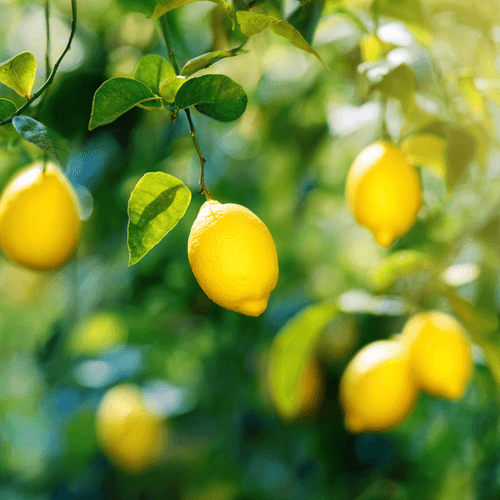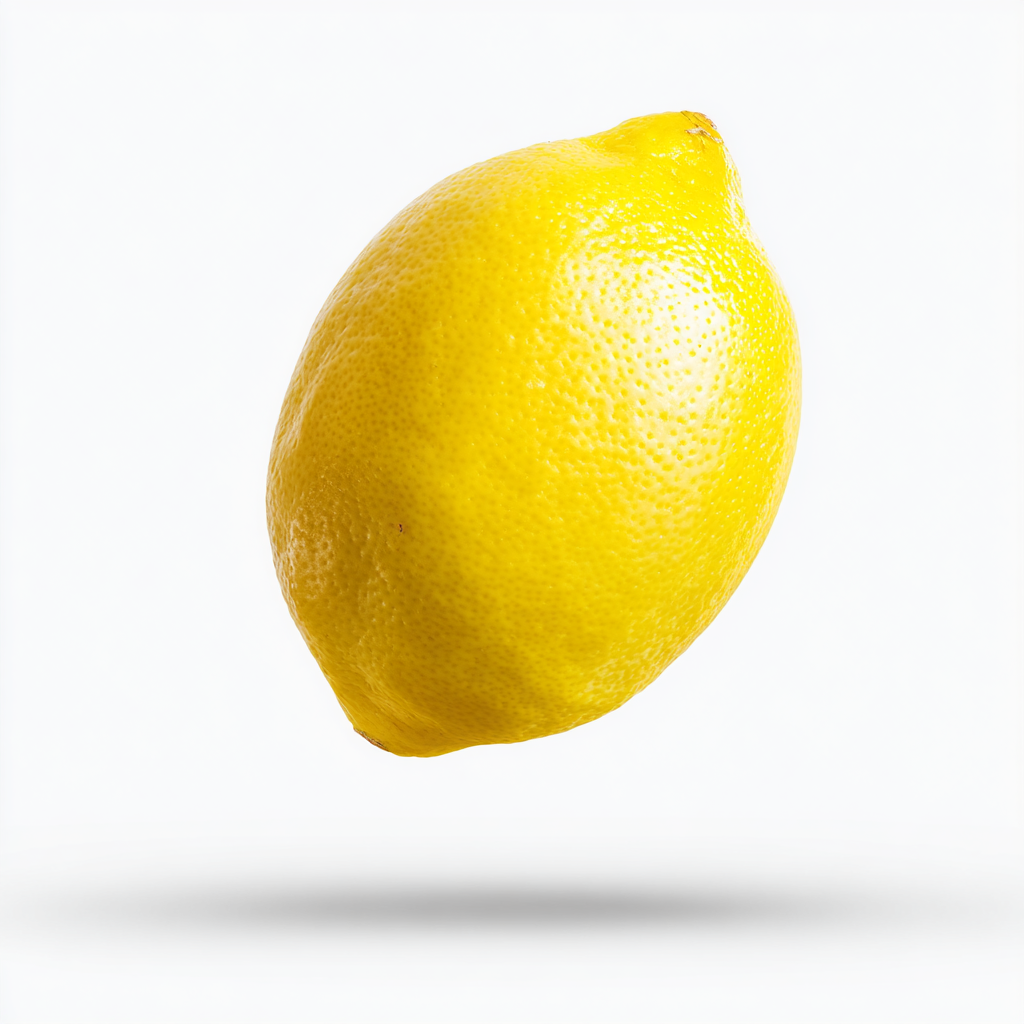Did you know ?
- 1 The average lemon contains about 5–6% citric acid, making it one of the most acidic fruits.
- 2 Lemon juice can be used as a natural cleaning agent due to its acidity.
- 3 Christopher Columbus brought lemon seeds to the Americas in 1493.

